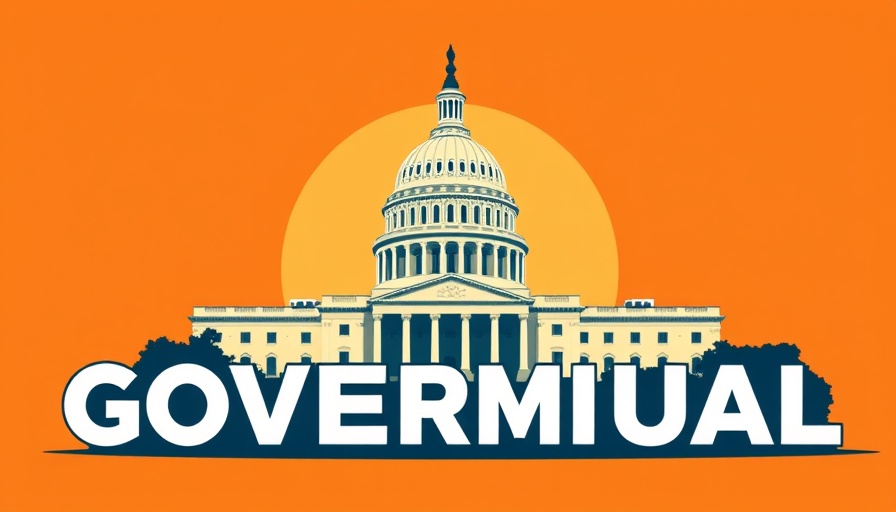
The Challenges of Medicaid Cuts
Medicaid cuts, particularly those proposed by the GOP, have proven to be complex and contentious, revealing the delicate balance lawmakers must strike between fiscal austerity and community need. This irony was highlighted in the latest episode from KFF Health News' podcast, 'What the Health?', where discussions centered on the difficulties Republicans face in making Medicaid cuts despite their ongoing commitments to reduce government expenditures. Leading voices in the health care policy arena scrutinized this paradox, shedding light on both the political landscape and the implications for vulnerable populations.
Political Implications of Medicaid Funding Decisions
The possibilities of cutting Medicaid funding carry with them not just economic potential but significant political risks. For many Republican lawmakers, outright cuts could threaten their voter bases, particularly in states where Medicaid expansion has dramatically increased access to affordable healthcare. The podcast underscores the broader question: how do political leaders reconcile partisan goals with the real-world implications such actions have on low- and middle-income families?
Understanding Public Sentiment
As discussions around Medicaid cuts continue, it is vital to consider public sentiment and the social fabric underlying these policies. Many Americans understand the importance of Medicaid in providing a safety net for healthcare; unwillingness to cut essential services could signal a shift in political dynamics. This increasingly health-focused public can be empowered through technology and information, making it imperative for policy leaders to stay attuned to both the healthcare needs and the voices of their constituents.
The Road Ahead for Medicaid Reforms
Future Medicaid reforms may lean towards enhancing efficiency rather than outright cuts. Legislative proposals that focus on tech-driven solutions or healthcare innovation could gain traction as alternatives to perceived detrimental cuts. Lawmakers might explore avenues that leverage technology and data to streamline Medicaid processes and improve care outcomes without sacrificing funding. These innovations not only serve the goal of financial sustainability but also align with an evolving healthcare landscape focused on preventive care and value-based approaches.
Looking Forward: Technological Integration in Health Policy
In an age where technology reigns supreme, integrating tech into policy discussions may well be the keystone to solving complex healthcare issues. Solutions like telehealth and AI-driven patient management programs are poised to amplify the efficiency of care delivery without compromising Medicaid's integrity. As we peer into the political future, these tech innovations could redefine the parameters of Medicaid while alleviating concerns over funding cuts.
 Add Row
Add Row  Add
Add 




 Add Row
Add Row  Add
Add 



Write A Comment